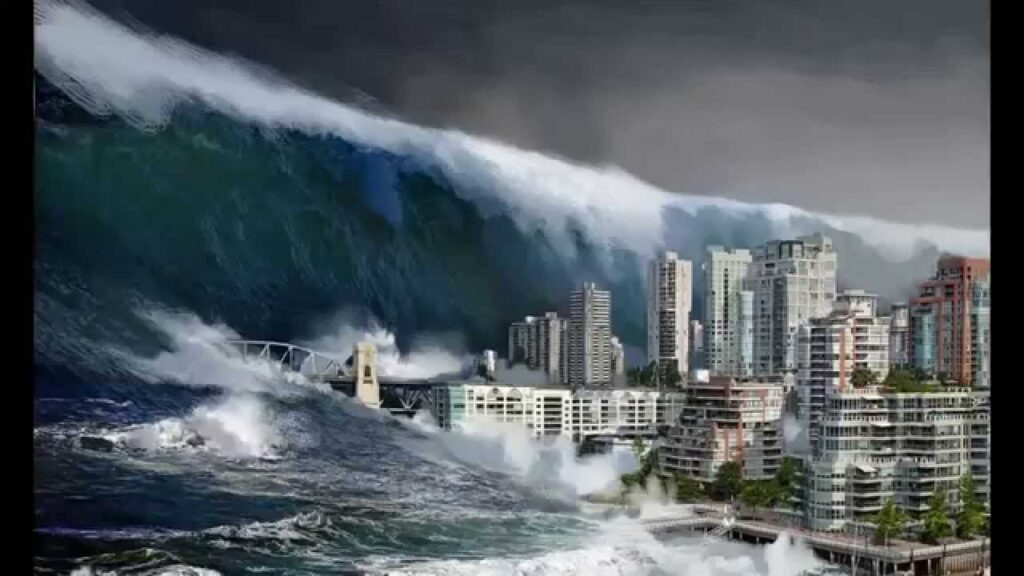Increased wildfires or flooding across the globe are the consequence of global heating. Temperature rises in the Indian Ocean have played a key role in Australian bushfires and floods in Africa.
Scientists and humanitarian officials say global heating is super-powering an Indian Ocean dipole, and that could have disastrous consequences.
Indian Ocean dipole events, linked to bushfires and floods, are becoming stronger and more frequent, scientists say.
Of most concern are years in which the sea surface off the coast of Africa warms up, provoking increased rains, while temperatures off Australia fall, leading to drier weather.
Caroline Ummenhofer, a scientist at Woods Hole Oceanographic Institution in Massachusetts, said: “There has been research suggesting that Indian Ocean dipole events have become more common with the warming in the last 50 years, with climate models suggesting a tendency for such events to become more frequent and becoming stronger.”
She said warming appeared to be “supercharging” mechanisms already existing in the background. “The Indian Ocean is particularly sensitive to a warming world. It is the canary in the coalmine seeing big changes before others come to other tropical ocean areas.”

Australian climatologists have pointed to this year’s dipole as at least one of the contributing factors in the bushfires. Jonathan Pollock, of Australia’s Bureau of Meteorology, said this dipole was “up there as one of the strongest” on record.
Gemma Connell, of the UN’s Office for the Coordination of Humanitarian Affairs, raised concern over the impact of stronger and more regular Indian Ocean dipole events on Africa.
“What we are seeing from the current record events is large-scale flooding across the region. Entire swathes are underwater, affecting 2.5 million people,” she said.
“And putting it in the broader picture of the climate crisis, this flooding is coming on the back of two droughts. What we are seeing, and what we are going to see more of, is more frequent climatic shocks coming. And all that is on top of the violence and conflict that has already displaced many of the people involved.
>Juthy Saha
Indian Ocean Temperature Changes Linked to Environmental Disasters

